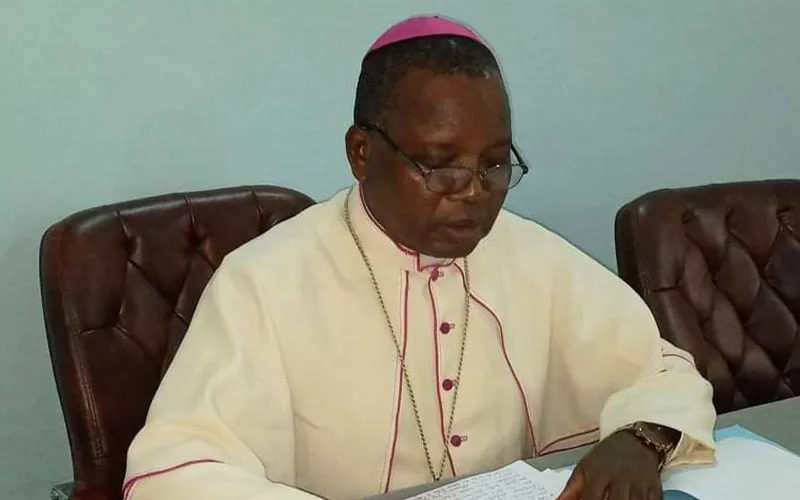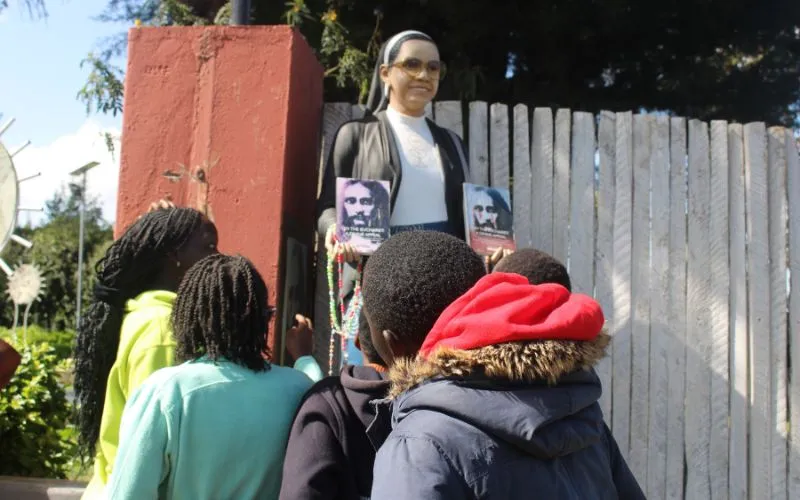Kisangani, 13 March, 2021 / 2:00 pm (ACI Africa).
Multiple insecurity cases and the bad state of roads are among the concerns of the Catholic Bishops in the Kisangani Ecclesiastical Province of the Democratic Republic of Congo (DRC).
In the statement circulated Monday, March 8 following their latest Provincial Episcopal Assembly of Kisangani (ASSEPKIS), the Bishops urge relevant authorities to address the “phenomenon of armed groups” and to work toward infrastructural improvement.
“We deplore with regret the situation of insecurity that prevails throughout our province, which is reflected in various phenomena such as: armed groups (local and foreign) which are especially rife in Ituri,” members of ASSEPKIS say.
They also “deplore with sorrow the fact that the socio-economic situation of the populations in the four administrative provinces is constantly deteriorating day by day,” and attribute this “to the deficit of an administration that is not very concerned about the living conditions of the populations.”
“This deterioration of the economic fabric is accelerated by the destruction of the road network throughout the Province which makes the mobility of people and goods difficult,” the Bishops say in their collective statement obtained by ACI Africa.








